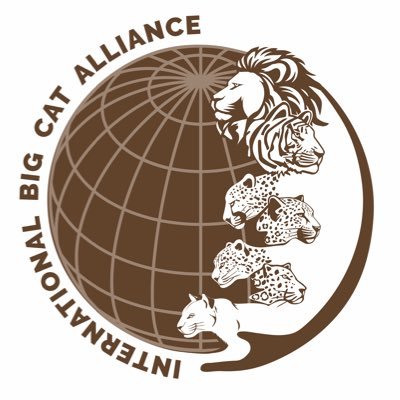International Big Cat Alliance
The International Big Cat Alliance (IBCA) officially signed an agreement with India to set up headquarters and main office within the country. This happened more than two months after IBCA became a full international organisation based on a treaty between countries. The agreement allows India to host the IBCA’s main office and gives it the support needed for its efficient functioning. The agreement also includes details about visas, special rights and protections for IBCA staff and offices, how the agreement will begin, and other related matters.
Background and Formation
The IBCA was proposed by Prime Minister of India Narendra Modi in 2019. It was officially launched in April 2023 during the 50th anniversary of Project Tiger. The alliance became a legal entity after five countries ratified its framework agreement in September 2023. These countries include India, Liberia, Eswatini, Somalia, and Nicaragua.
Objectives of IBCA
The primary objectives of the IBCA are to combat illegal wildlife trade, conserve natural habitats, and mobilise resources for conservation efforts. The alliance also aims to address the impacts of climate change on big cats. It promotes policies that align biodiversity conservation with local community needs.
Focus Species
The IBCA focuses on the conservation of seven big cat species. These include the tiger, lion, leopard, snow leopard, puma, jaguar, and cheetah. Among these seven, five of them (tiger, lion, leopard, snow leopard, and cheetah) are found in India. The puma and jaguar, while important, are not native to the Indian subcontinent.
Member Countries and Governance
Currently, the IBCA has four member countries. These are India, Nicaragua, Eswatini, and Somalia. The governance structure includes an Assembly of Members, a Standing Committee, and a Secretariat based in India. The framework is similar to that of the International Solar Alliance (ISA). A Director-General is appointed by the Ministry of Environment, Forest and Climate Change (MoEFCC) to oversee operations.
Financial Support
The Government of India has allocated a budget of Rs 150 crore for the IBCA. This funding is intended to support infrastructure development and ongoing operational costs for five years, from 2023-24 to 2028-29. This financial backing is crucial for achieving the IBCA’s conservation goals.
Importance of Big Cats
Big cats play a vital role in ecosystems. They are considered keystone species, meaning their presence is critical to maintaining the health of their habitats. However, these species face numerous threats, including poaching, habitat loss, and illegal wildlife trade. The Indian subcontinent has been home to several big cat species, but conservation efforts are essential to ensure their survival.
Month: Current Affairs - April, 2025
Category: Environment Current Affairs








